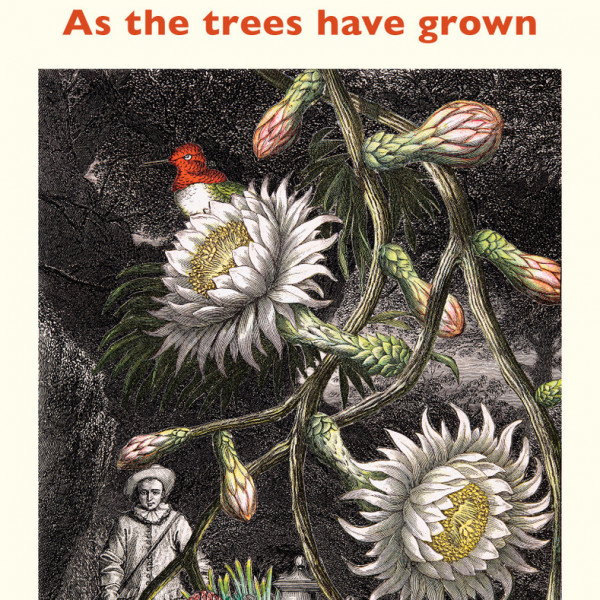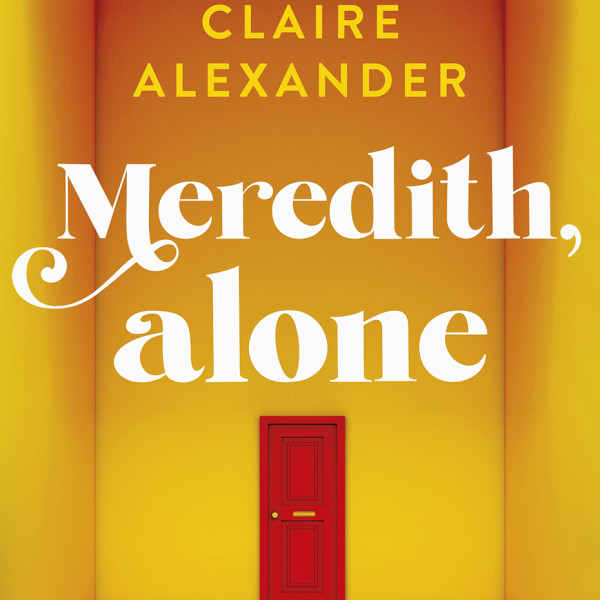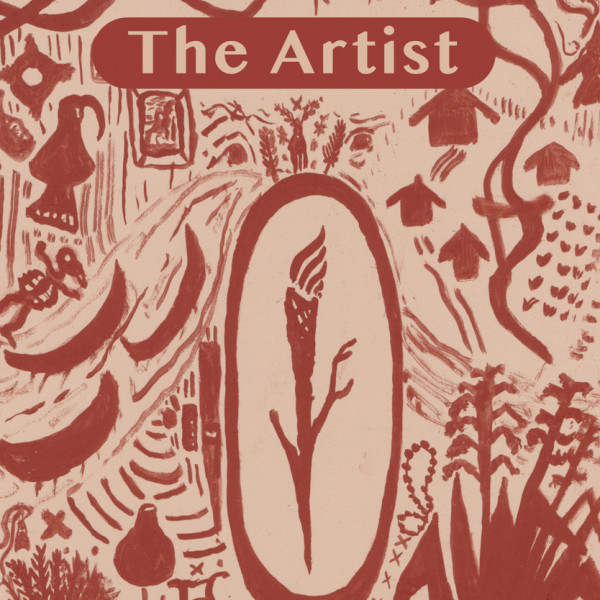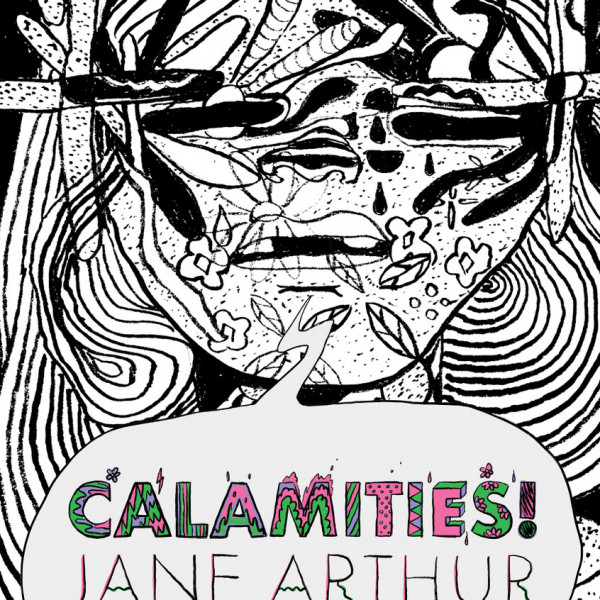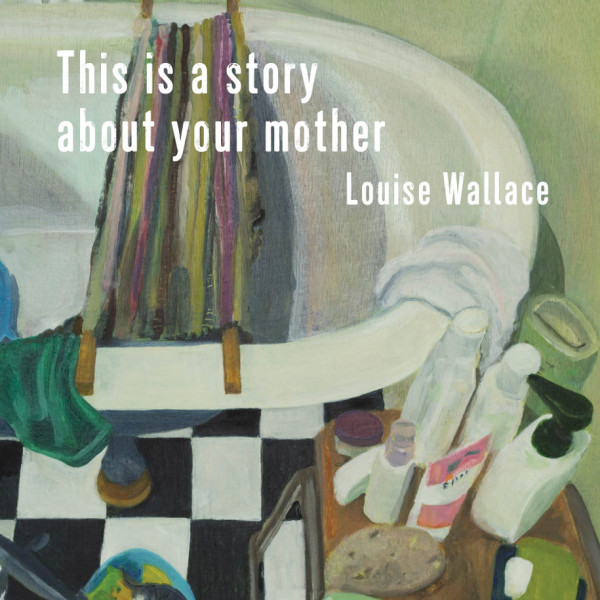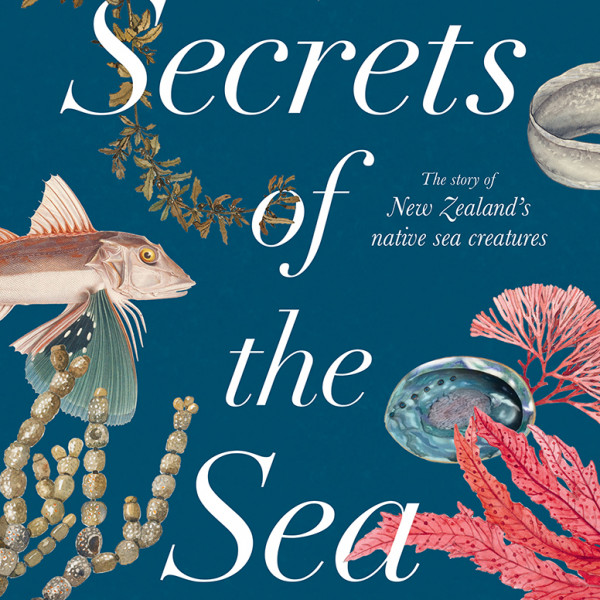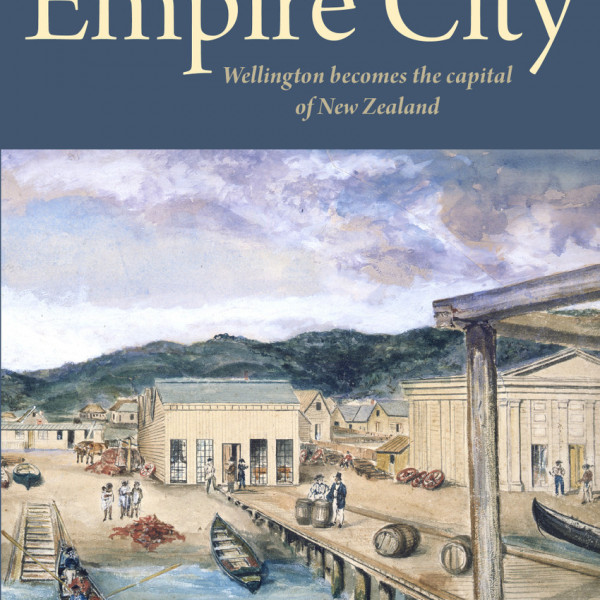
From the outside looking in, Hayley Holt has it all: a beautiful woman with a successful career and a loving family behind her. But not everything was as it seemed. Growing up, she danced (eventually becoming a champion), took up snowboarding, acted (in Barbie commercials), and even had her own horse, which she paid for with her those aforementioned acting gigs.
While it all must have been great at the time, it was a strain that took its toll. She grew up thinking she had to be the perfect one, the one that her parents never had to worry about. Second Chances is a peek behind the curtain into the life of someone we read about, but don’t really know. Hayley’s book is a fascinating read, and one that hits hard.
I found her writing genuine and down to earth, and I related to some of what she went through. We all put on masks for other people in order to fit in, which I think is somewhat of a rite of passage growing up. My heart really went out to her, and there were times that I had to put the book down and take a breather before tackling it again because it was so sad. It’s not a big book by any means, but it packs an emotional punch all the same.
While Hayley’s been in the papers and the public have been privy to some of the goings-on in her life, up until now they have never known the full story. Second Chances gives us all the details as told in her own words in her own way.
While I have never considered myself ‘gossipy’, I have to admit to enjoying myself and would happily recommend this to anyone who wants to pick it up at the local bookstore. I guarantee it’s a book that will make you nod your head in agreement, while maybe making you appreciate your own life a bit more.



